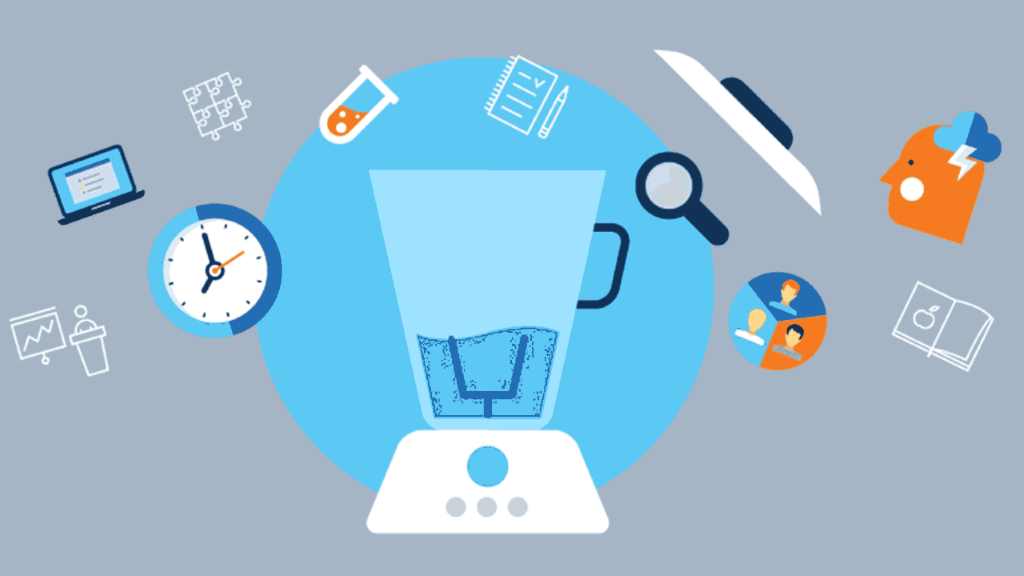The best “software” invented for security is the brain and common sense: it is time to use it, mixing knowledge and action in the classroom and teach about digital citizenship, as an integral part of digital literacy.
Proactive knowledge, Vicky Davis carefully talk about these nine keys in his book Reinventing Writing…

1- PASSWORDS
You know your students how a secure password? Did they know what elements compose and why it is important not to repeat it in several sites? A strong password consists of lowercase, uppercase, numbers and special characters: if the site does not allow special characters (rarely happens), it is best not to choose words but random characters…
2- PRIVACY
Why should not share private information such as address, phone or email, except in very specific cases (which are not usually those corresponding to a teenager)?
3- PERSONAL INFORMATION
While this information cannot be used to identify, you can choose what information to share: how many brothers and sisters have, what is your favorite food or recipes … Another thing is to use applications that put your security and privacy at severe risk, such as those based on geolocation.
4- SHOTS
Can I share this mine or a friend’s image?
What is a facial recognition software?
Why I cannot I tag a friend in a photograph without consent
5- PROPERTY
Ojea this guide for the use of images; basically, these same rules would apply to all types of texts and multimedia material available on the Internet
6- PERMIT
You know your students how to obtain permission to use any elements in your work?
You know citing sources properly.
You may also like to read another article on WeiWeiCS: What is the gamification in the real world?
7- PROTECTION
Do you understand the characteristics and differences between viruses, malware, phishing, Trojans…?
8- PROFESSIONALISM
Do you understand the basic rules of netiquette, online grammar…?
Do you understand the difference between an academic internet use and personal use? Did you apply?
Do you have enough knowledge to investigate online?
9- PERSONAL BRAND
How they are perceived in their social life online? How do you evaluate your own online image? Are implications involving poor personal mark on their academic and professional future know?



